I apologize for being away from the blog for a while. My twins turned 5 last week and we had a big party for them on Saturday, so I've been a bit out of commission! But I'm back.
On Wednesday, Politics & Prose (Washington DC) is having an author event with Colson Whitehead, author of Sag Harbor.
From Amazon:
The year is 1985 and 15-year-old Benji Cooper, one of the only black students at his elite Manhattan private school, leaves the city to spend three largely unsupervised months living with his younger brother Reggie in an enclave of Long Island's Sag Harbor, the summer home to many African American urban professionals. Benji's a Converse-wearing, Smiths-loving, Dungeons & Dragons-playing nerd whose favorite Star Wars character is the hapless bounty hunter Greedo (rather than the double-crossing Lando Calrissian). But Sag Harbor is a coming-of-age novel whose plot side-steps life-changing events writ large. The book's leisurely eight chapters mostly concern Benji's first kiss, the removal of braces, BB gun battles, slinging insults (largely unprintable "grammatical acrobatics") with his friends, and working his first summer job. And Whitehead crafts a wonderful set piece describing Benji's days at Jonni Waffle Ice Cream, where he is shrouded in "waffle musk" and a dirty T-shirt that's "soiled, covered with batter and befudged from a sundae mishap."
Whitehead pushes his love of pop culture into hyper-drive. Nearly every page is swimming with references to the 1980s–from New Coke and The Cosby Show to late nights trying to decipher flickering glimpses of naked women on scrambled Cinemax. And music courses through the book, capturing that period when early hip hop mixed with New Wave. Lisa Lisa and U.T.F.O make a memorable cameo at Jonni Waffle, and McFadden & Whitehead's "Ain't No Stoppin' Us Now"–heard throughout the book in passing cars and boom boxes–gets tagged as "the black national anthem." Like that ubiquitous song, the soulful, celebratory, and painfully funny Sag Harbor and its chronicle of those lazy, sun-soaked days sandwiched between Memorial Day and Labor Day, will stick with you long after closing its covers.
This New York Times review liked the book, saying:
Sag Harbor isn’t about much more than the hilariously trifling intricacies of this self-discovery process. Credit Mr. Whitehead with this: He captures the fireflies of teenage summertime in a jar without pretending to have some larger purpose. Sag Harbor is not a book about that special summer when everything changed, when this boy became a man, when the scales fell from his eyes about adult life, or even about when he experienced the balmy joys of first love. Its plot is so evanescent that the removal of Benji’s braces counts as a milestone.
And here's The Week's roundup of reviews:
The 15-year-old protagonist of Colson Whitehead’s new novel knows that the world has trouble categorizing him, said Adam Mansbach in The Boston Globe. Benji Cooper spends nine months a year in a mostly white Manhattan prep school and his summers hanging with other middle-class, African-American kids in a Long Island, N.Y., beach enclave established by their grandfathers. Though “little actually happens” in Benji’s life during the summer of ’85, his reminiscences about it add up to Whitehead’s “most enjoyable” novel to date. “Warm and funny” and “beautifully written,” Sag Harbor makes Benji’s riffs on slang, New Coke, and bad pop music matter because they show him “finessing a workable identity.” Unfortunately, Whitehead’s taste for “indistinct” heroes worked better in earlier novels, said Greil Marcus in Bookforum. Here, it means even Benji’s cleverest riffs don’t give readers enough reason to continue. But that astute voice can be reason enough, said Gene Seymour in Newsday. “If you know in advance” that Sag Harbor is faithful to the uneventful spirit of most teenage summers, its languorous pleasures should win you over.
Reviews across the Interwebs are mixed but mostly positive. There are a lot of posts eagerly anticipating the book. If I make it to the reading, I will report back. In the meantime – any EDIWTB readers out there who have read this and want to comment?


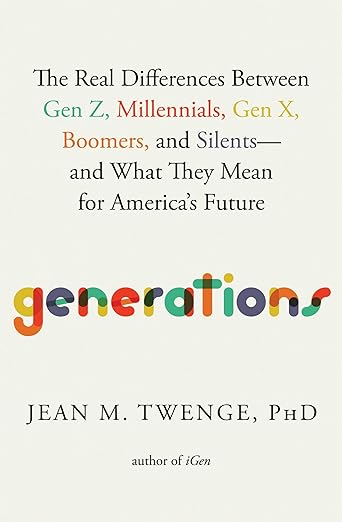


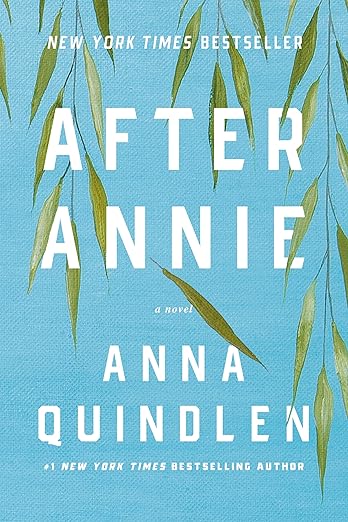
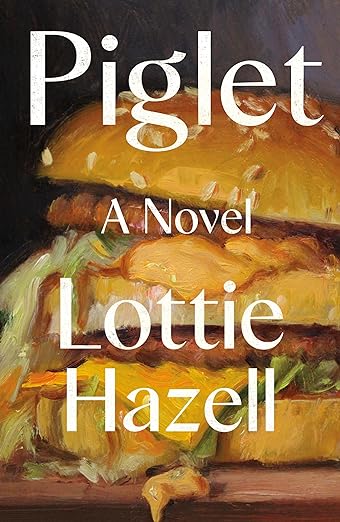

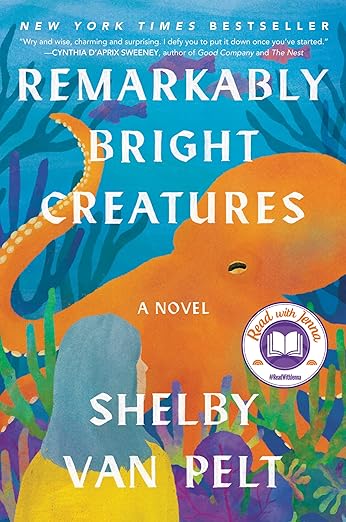




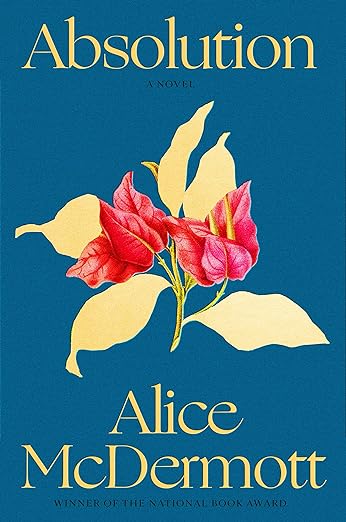

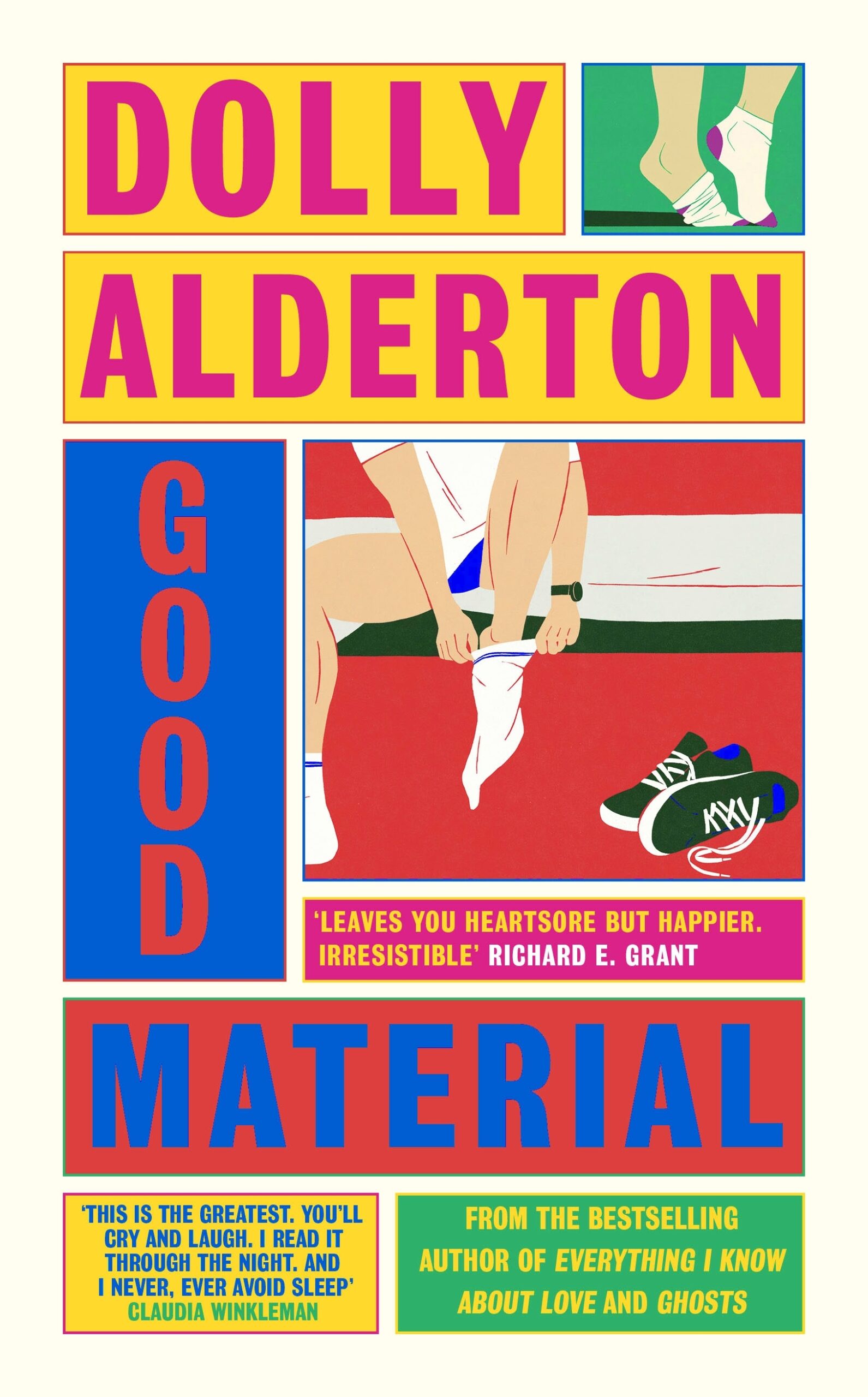
About Me
I have been blogging about books here at Everyday I Write the Book since 2006. I love to read, and I love to talk about books and what other people are reading.